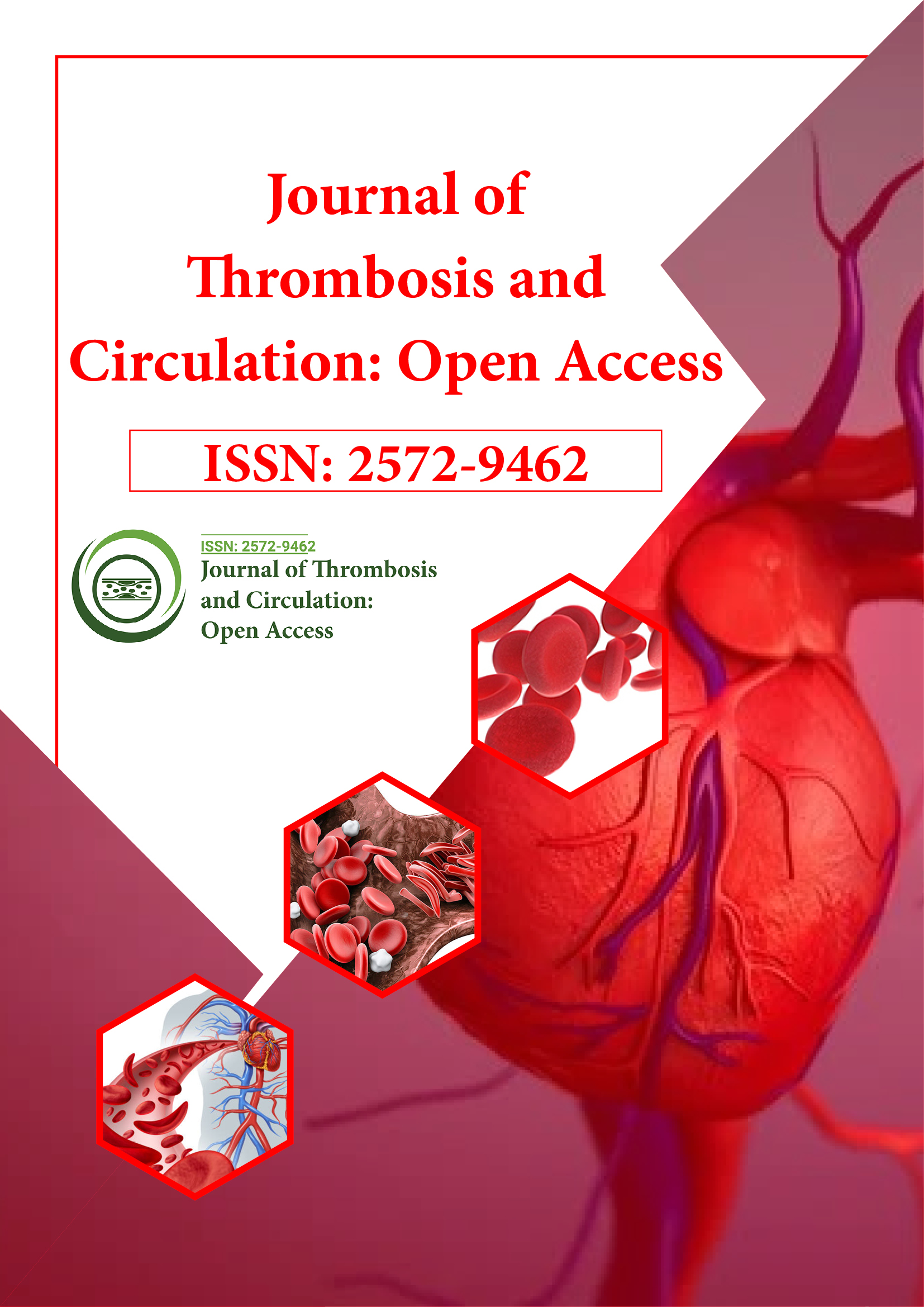Indiziert in
- RefSeek
- Hamdard-Universität
- EBSCO AZ
- Publons
- Google Scholar
Nützliche Links
Teile diese Seite
Zeitschriftenflyer

Open-Access-Zeitschriften
- Allgemeine Wissenschaft
- Biochemie
- Bioinformatik und Systembiologie
- Chemie
- Genetik und Molekularbiologie
- Immunologie und Mikrobiologie
- Klinische Wissenschaften
- Krankenpflege und Gesundheitsfürsorge
- Landwirtschaft und Aquakultur
- Lebensmittel & Ernährung
- Maschinenbau
- Materialwissenschaften
- Medizinische Wissenschaften
- Neurowissenschaften und Psychologie
- Pharmazeutische Wissenschaften
- Umweltwissenschaften
- Veterinärwissenschaften
- Wirtschaft & Management
Abstrakt
Vergleich zwischen angeborenem Präkallikreinmangel bei Menschen und Tieren
Girolami A, Cosi E, Ferrari S, Lombardi AM,
Ziel : Vergleich der Auswirkungen eines angeborenen Präkallikreinmangels bei Menschen und Tieren.
Patienten und Tiere : Alle gemeldeten Fälle von Patienten mit Prekallikreinmangel wurden berücksichtigt, wie aus persönlichen Unterlagen und wiederholten Pub Med-Suchen der letzten 16 Jahre hervorgeht. Informationen zum Prekallikreinmangel bei Tieren wurden durch zwei Pub Med-Suchen im Juli 2017 und Mai 2018 ermittelt.
Ergebnisse : Angeborener Prekallikreinmangel beim Menschen ist mit keiner Blutungsneigung verbunden, obwohl bei zwei Patienten berichtet wurde, dass die Blutung nach der Verabreichung von gefrorenem Frischplasma nach einer Operation aufhörte.
Blutungen bei Tieren wurden bei einem Pferd nach der Kastration und bei einem Hund mit unerklärlichen Magen-Darm-Blutungen beobachtet
Bei Menschen mit Prekallikreinmangel wurde häufig über Bluthochdruck, mit Bluthochdruck verbundene Erkrankungen und Thrombosen berichtet. Im Gegensatz dazu wurde bei Tieren mit Prekallikreinmangel noch nie über Herz-Kreislauf-Erkrankungen oder thrombotische Ereignisse berichtet.
Schlussfolgerungen : Der Vergleich zwischen Mensch und Tier ist aufgrund der Tatsache, dass es nur sehr wenige Tiere mit einem solchen Defekt gibt, nur begrenzt möglich. Angesichts des wiederauflebenden Interesses an der Kontaktphase der Blutgerinnung wäre es sehr nützlich, wenn eine große Anzahl von Tieren, insbesondere Hunden, untersucht werden könnte. Eine solche Studie könnte neues Licht auf die Beziehung zwischen der Kontaktphase der Blutgerinnung und Herz-Kreislauf-Erkrankungen sowie Thrombosen werfen.